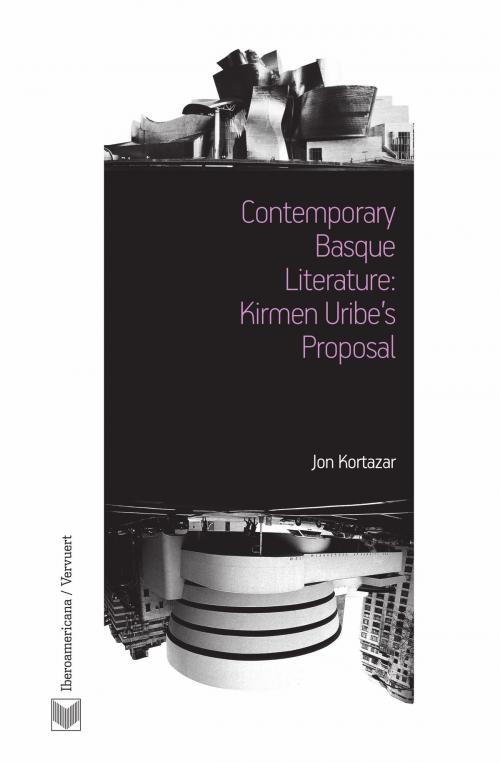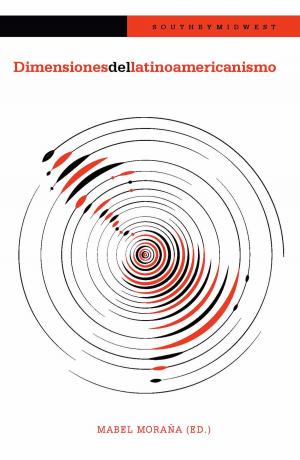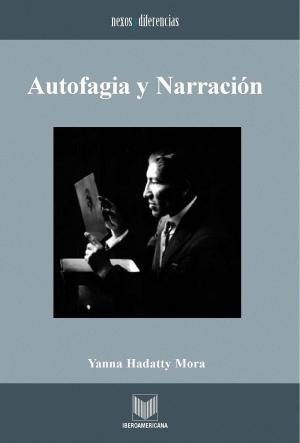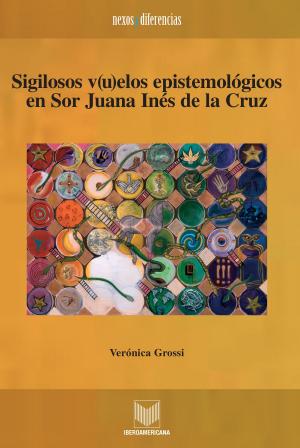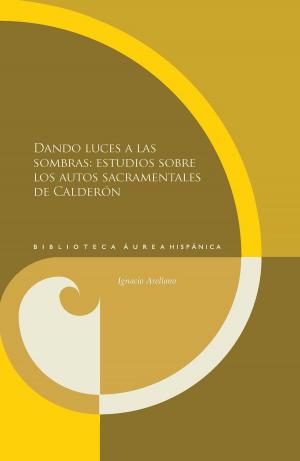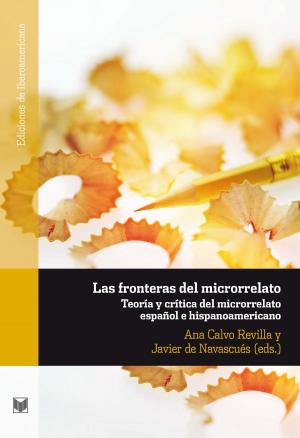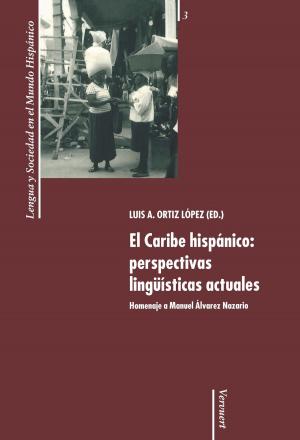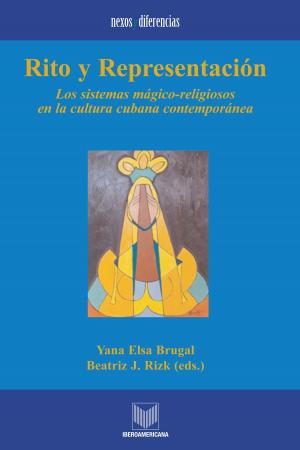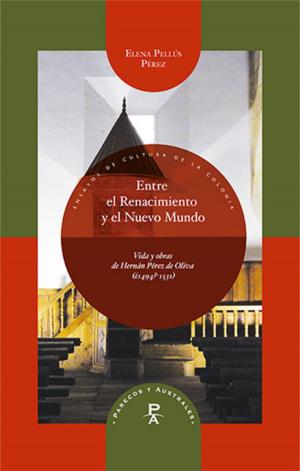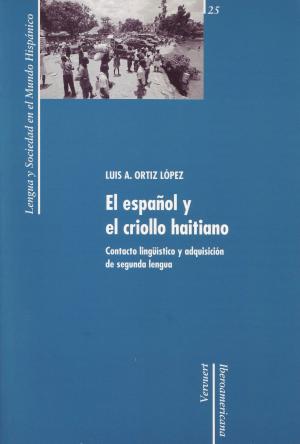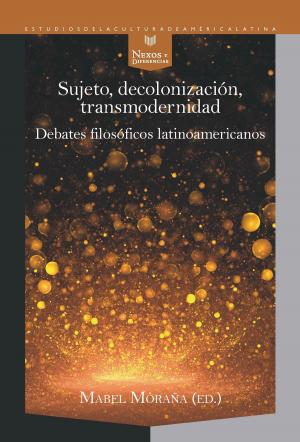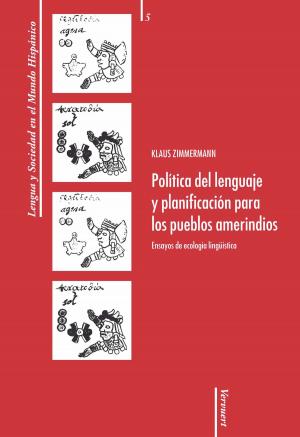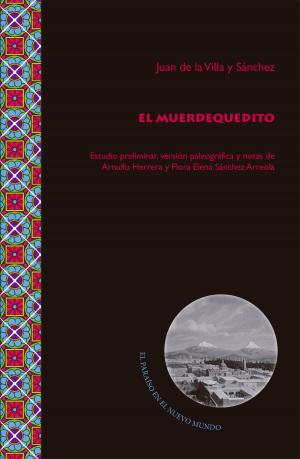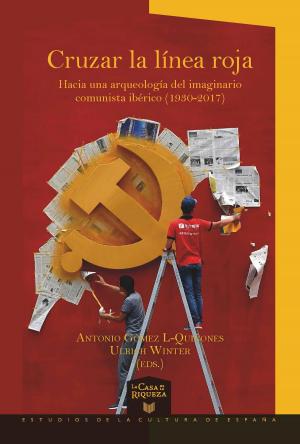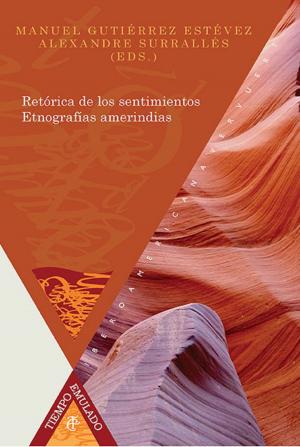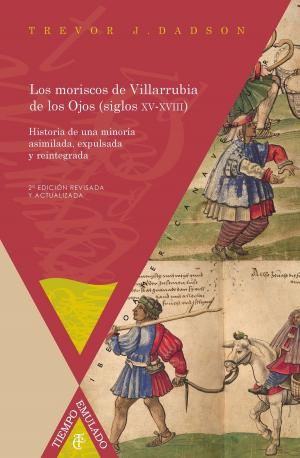Contemporary Basque Literature: Kirmen Uribe's Proposal
Fiction & Literature, Literary Theory & Criticism, European, Spanish & Portuguese| Author: | Jon Kortazar | ISBN: | 9783954871667 |
| Publisher: | Iberoamericana Editorial Vervuert | Publication: | June 1, 2014 |
| Imprint: | Language: | English |
| Author: | Jon Kortazar |
| ISBN: | 9783954871667 |
| Publisher: | Iberoamericana Editorial Vervuert |
| Publication: | June 1, 2014 |
| Imprint: | |
| Language: | English |
Basque literature is unknown because of the language in which it is written. It is a "small literature" that has, however, experienced major development, both in terms of production and reading, since the 1970s. This book describes the changes in this literary system, taking into account the opinions of cultural agents in defining the aspirations, efforts, and achievements of a literature that seeks to go beyond the boundaries of language through quality literary creations. The historic transformation of the initial preoccupations of authors serves as a focus for describing past narration through to the present day in contemporary Basque literature. In that context of literary creation and self-confidence, the book analyzes the work of Kirmen Uribe (1970), an author who has become a major breath of fresh air in the literature of contemporary Spain. Described by Jordi Gracia and Domingo Ródenas as an author of "notable fortune," his harmony with the public has grown quickly through a narrative rooted in memory as a source of identity, in postmodern societies, and a way of narrating that combines multimedia literary techniques with oral narration.
Basque literature is unknown because of the language in which it is written. It is a "small literature" that has, however, experienced major development, both in terms of production and reading, since the 1970s. This book describes the changes in this literary system, taking into account the opinions of cultural agents in defining the aspirations, efforts, and achievements of a literature that seeks to go beyond the boundaries of language through quality literary creations. The historic transformation of the initial preoccupations of authors serves as a focus for describing past narration through to the present day in contemporary Basque literature. In that context of literary creation and self-confidence, the book analyzes the work of Kirmen Uribe (1970), an author who has become a major breath of fresh air in the literature of contemporary Spain. Described by Jordi Gracia and Domingo Ródenas as an author of "notable fortune," his harmony with the public has grown quickly through a narrative rooted in memory as a source of identity, in postmodern societies, and a way of narrating that combines multimedia literary techniques with oral narration.
